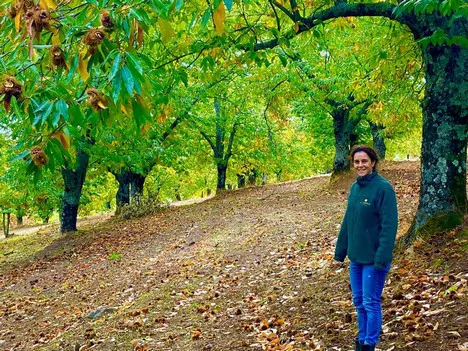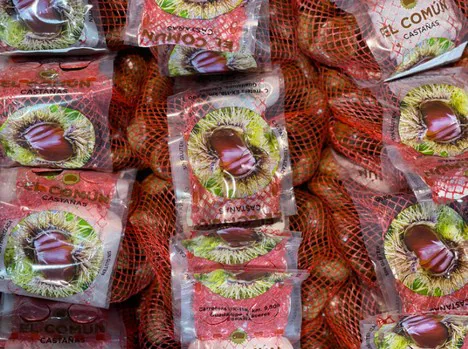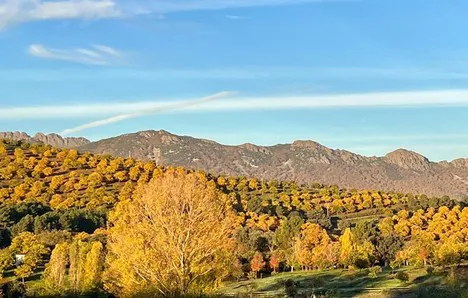This year's heat waves and sudden drops in temperature have greatly reduced Extremadura's chestnut production, although the harvest has been low in almost all Spanish production areas.

“I think this has been the worst crop ever. As far as I can recall, this is the most complicated chestnut campaign ever," stated Rocio Vazquez, of Castañas El Común, located in Guadalupe, Caceres. "We might be among the most privileged farms in terms of volumes, but we will only collect around a quarter of what we usually harvest in a normal campaign. Others have lost almost everything, as in the case of a neighboring producer, who usually collects 100,000 kilos a year and will only be able to harvest some 2,000 kilos this year. ”

According to Rocio Vazquez, the crops were affected by the continuous high temperatures in summer, which affected pollination in June, and the sudden drop in temperatures in August, which seriously affected the curdled fruits in their most fragile state. In addition to the direct and considerable loss of production, many fruits could not be marketed fresh because they had many defects.
"Normally, Italy imports Spanish and Portuguese chestnuts every year to meet the demand of its market. This year, however, it's like the world's been turned upside down because we are the ones who have had to import chestnuts from Italy, where the harvest was great, in order to serve our customers," the producer and marketer stated.

Castañas El Común's chestnut-producing farms in Guadalupe, Caceres.
"Turkey, which usually harvests chestnuts on the same dates as Extremadura, has harvested fewer chestnuts this year, which contributed to increase prices in general and to increase imports of Chinese chestnuts. Spain has imported chestnuts from China, but they haven't worked well in this market because consumers are used to the Sativa varieties, which have a much higher quality compared to the Asian Mollisima varieties."
“Regarding sales, it's been a weird campaign. Demand isn't as good as in other years, probably because of the current economic situation. The strongest sales take place in the weeks leading up to All Saints' Day. Then they decrease a bit and grow again before Christmas. At that time, however, consumption moves more to the streets instead of the supermarkets," stated Rocio Vazquez.
More information:
Rocío Vázquez
Castañas El Común
10140 Guadalupe, Cáceres. España
Tel. 0034 680 579 579
rocio@elcomun.net
www.elcomun.net
